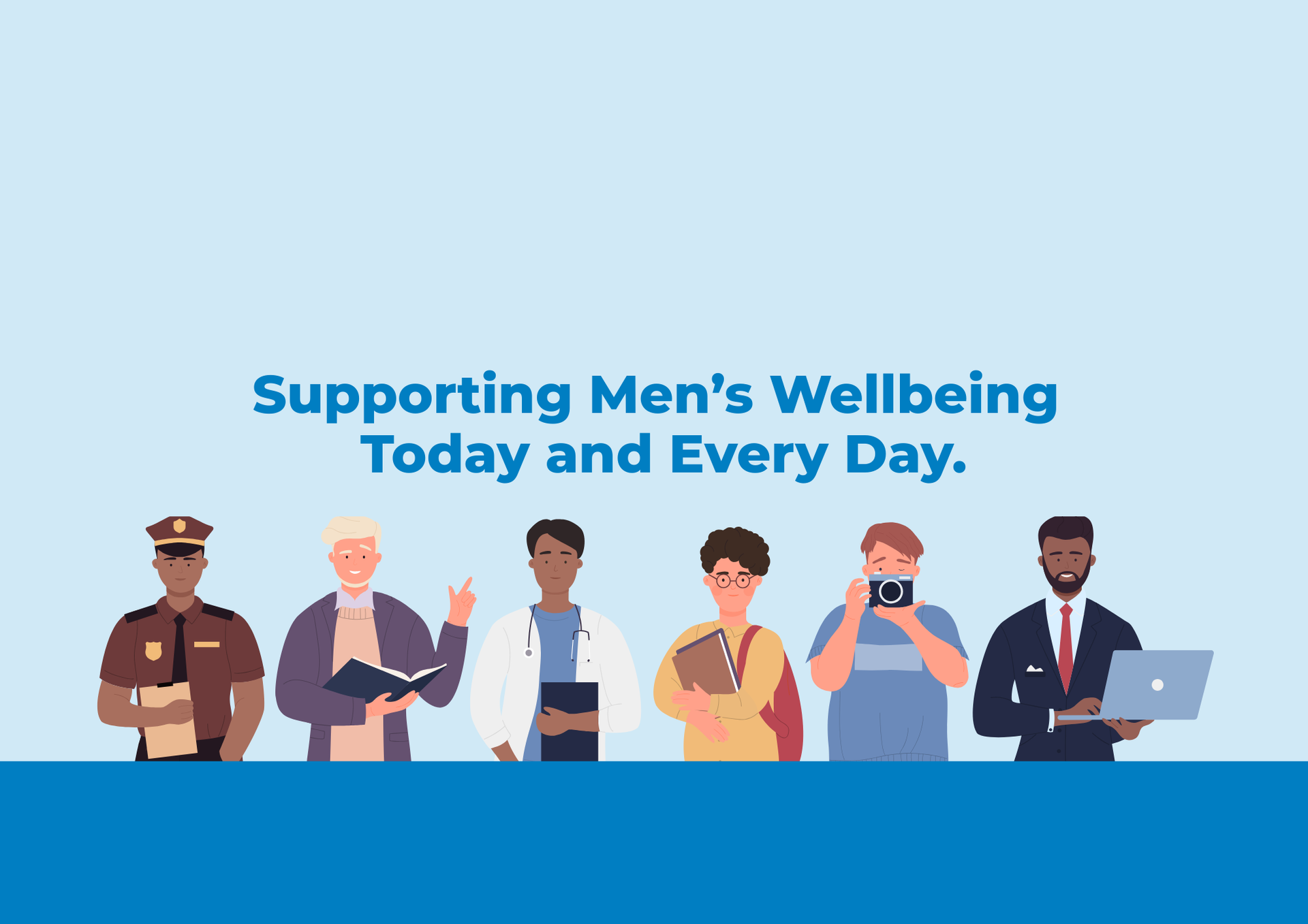Creating understanding, opportunities and supporting individuals with Autism
March 31, 2025
On the 2nd of April, we come together to celebrate World Autism Understanding Day. As many people in our community with Autism, it is important to understand how you can support someone to make them feel comfortable. World Autism Understanding Day is not only about understanding Autism but also taking actions to be a supportive person to those around you.
What is Autism?
Autism is a lifelong developmental condition that affects how a person thinks, feels, interacts with others, and experiences their environment, according to Autism Spectrum Australia (Aspect). People who have Autism may have different preferences regarding social interactions, a heightened sensory awareness, have different communication preferences compared to neurotypical people, have many strengths, and are honest, loyal, and kind people. This year's World Autism Understanding Day is delivered in partnership with communities to create a supportive and more inclusive society so people with Autism can feel more comfortable navigating the world. By creating more understanding about Autism, we can challenge myths and misconceptions regarding Autism to create meaningful changes so Autistic people can have the same opportunities and support as everyone else.
Common Myths and Misconceptions
Autism only affects males
- Autism can affect any gender. Whilst males are most commonly diagnosed, females are often diagnosed at a later point in life.
People with Autism lack empathy
– Autistic people do experience all emotions including empathy; however, they may show and regulate empathy differently compared to neurotypical people.
Autistic people are anti-social
– Just like everyone, Autistic people still desire social connections and want to create meaningful relationships. Whilst sometimes social interactions and situations can be challenging for Autistic people, this does not mean they do not want to socialise and create connections.
Ways to support people with Autism
It is important to understand that people with Autism may experience the world differently compared to neurotypical people. By showing you care for and are willing to support Autistic people, you can help them to feel more comfortable within society and themselves.
Encourage inclusivity in group settings – Make sure to make invites to group activities clear to Autistic people. Take some time to explain to them what is going to happen to make sure they feel comfortable. Do not force any social interactions but instead help them feel at ease within any group setting.
Keep things clear and simple – Sometimes people on the Autism spectrum take things to heart or have difficulty picking up on social cues. Keep your communication clear and your language direct, and do not be disheartened if they are repeating things you have said to them, they are just trying to make sure that they understood what you said correctly.
Respect personal space – Individuals on the autism spectrum may have different preferences regarding personal space and touch. It is important to communicate and ask people with Autism their preferences and always ask for consent before initiating any physical contact. Make sure to be mindful of any physical boundaries and do not be disheartened if they say no, they’ll appreciate you asking and listening to what their preferences are.
Watch out for overwhelming situations
– People on the Autism spectrum can get overwhelmed by sights, sounds, and smells, especially within a busy or large place due to their heightened sensory awareness. Be sure to look out for this, and if this happens try to move them to somewhere less overwhelming so they can have some time to process their surroundings. Create a safe space for them where they feel comfortable talking about their desires and needs, so they can be their authentic selves. Adjustments can include dimming lights and reducing background noise, which can help people with Autism to feel safe and secure again.
With a better understanding of what Autism is and how to support within your community, you can help to make them feel more comfortable and have the same opportunities as neurotypical people. Importantly, while we continue to celebrate World Autism Understanding Day, make sure to continue to understand and support individuals with autism every day of the year to make a more inclusive and comfortable world.
By Holly Johns





